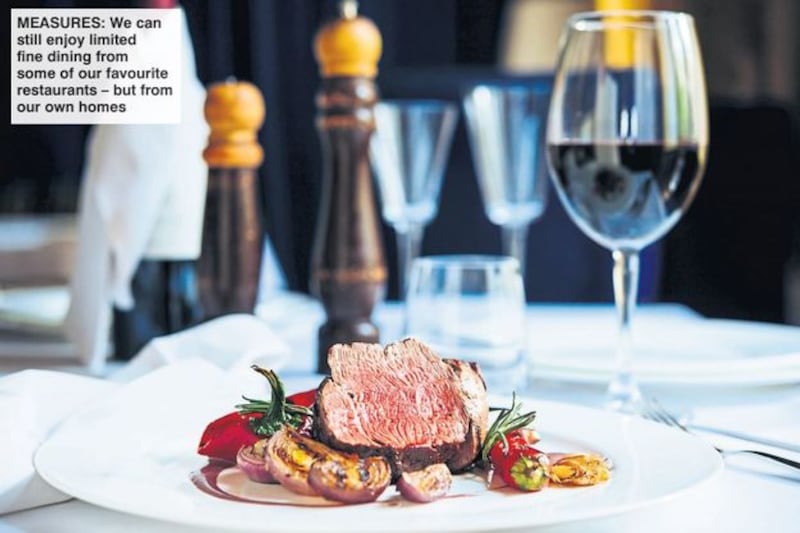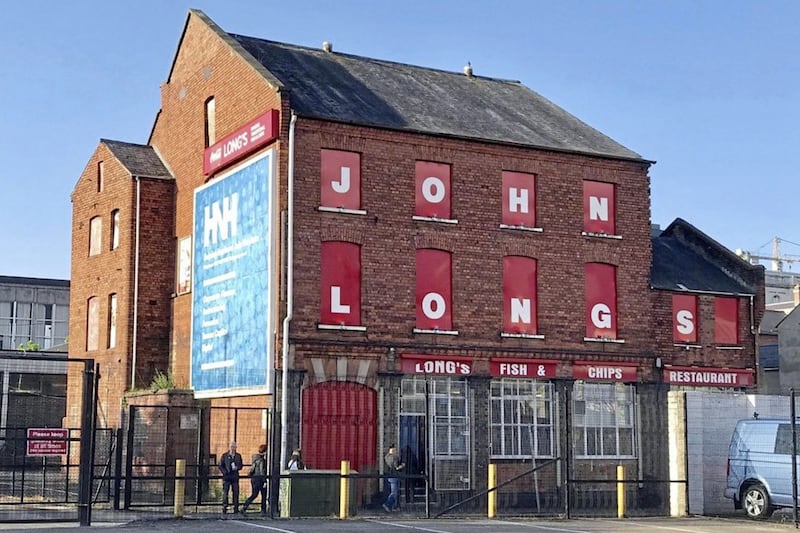THE on-going Covid-19 pandemic and continued lockdown has had a devasting impact on the restaurant and hospitality sector in Northern Ireland, with revenue wiped out overnight.
Virtually all operators have availed of the government’s furlough scheme to temporarily lay off staff while many will now have received, or will be hoping to receive shortly, the £10,000 or £25,000 business interruption grants or may have applied for a Coronavirus Business Interruption Loan (CBIL) with one of the local banks.
While not ideal, some restaurateurs have decided to turn to delivery or click and collect services to try and generate some revenue during this uncertain time. But care should be taken to ensure that services are carried out in accordance with existing legislation and guidelines.
Firstly, it's important to stress that Infrastructure Minister Nichola Mallon has ordered local councils to relax planning regulations to allow restaurants to offer delivery or takeaway services even where they don’t currently have such permission. But this is a discretionary relaxation and councils will have authority to take enforcement action if they believe it is in the public interest to do so.
Businesses should ensure that they adhere to current social distancing guidelines, both for those staff continuing to work and for customers who are coming to collect their orders.
Customers waiting to order or collect should wait in a designated area where a two-metre distance from other people can be maintained. If this is not possible, customers should enter the premises one at a time and only when their order is ready to be made or collected.
Collection times should be staggered to discourage crowding outside the premises. Where queuing is taking place, you should use queue management systems to maintain a two-metre distance between people.
Where food is being delivered, ideally it should be prepaid on ordering and left at entrance/door of the customer’s house to avoid exposing staff to any risk of contracting coronavirus from the public.
It is important to note that restaurants are not permitted to offer alcohol for sale by collection or delivery, and anyone doing so will be committing an offence under the Licensing (NI) Order 1996. Restaurant licences are distinct from those for public houses, which can offer delivery services as long as they comply with specific conditions.
The quantity, description and the price of the intoxicating liquor and the name of the person to whom it is to be delivered must be entered in a book kept at the licensed premises and in a delivery book or invoice carried by the person delivering the alcohol before it is dispatched.
What we can say following our own conversations with both statutory agencies and industry bodies, is that all parties are keen to help businesses continue to trade if possible but this should be done in a sensible and responsible fashion and within the parameters of existing legislation.
We are all pleased to be able to enjoy food from some of our favourite restaurants... albeit from home for the time being.
- Linus Murray (linusmurray@oreillystewart.com) is a director and commercial and licensing specialist at O’Reilly Stewart Solicitors (02890321000).








